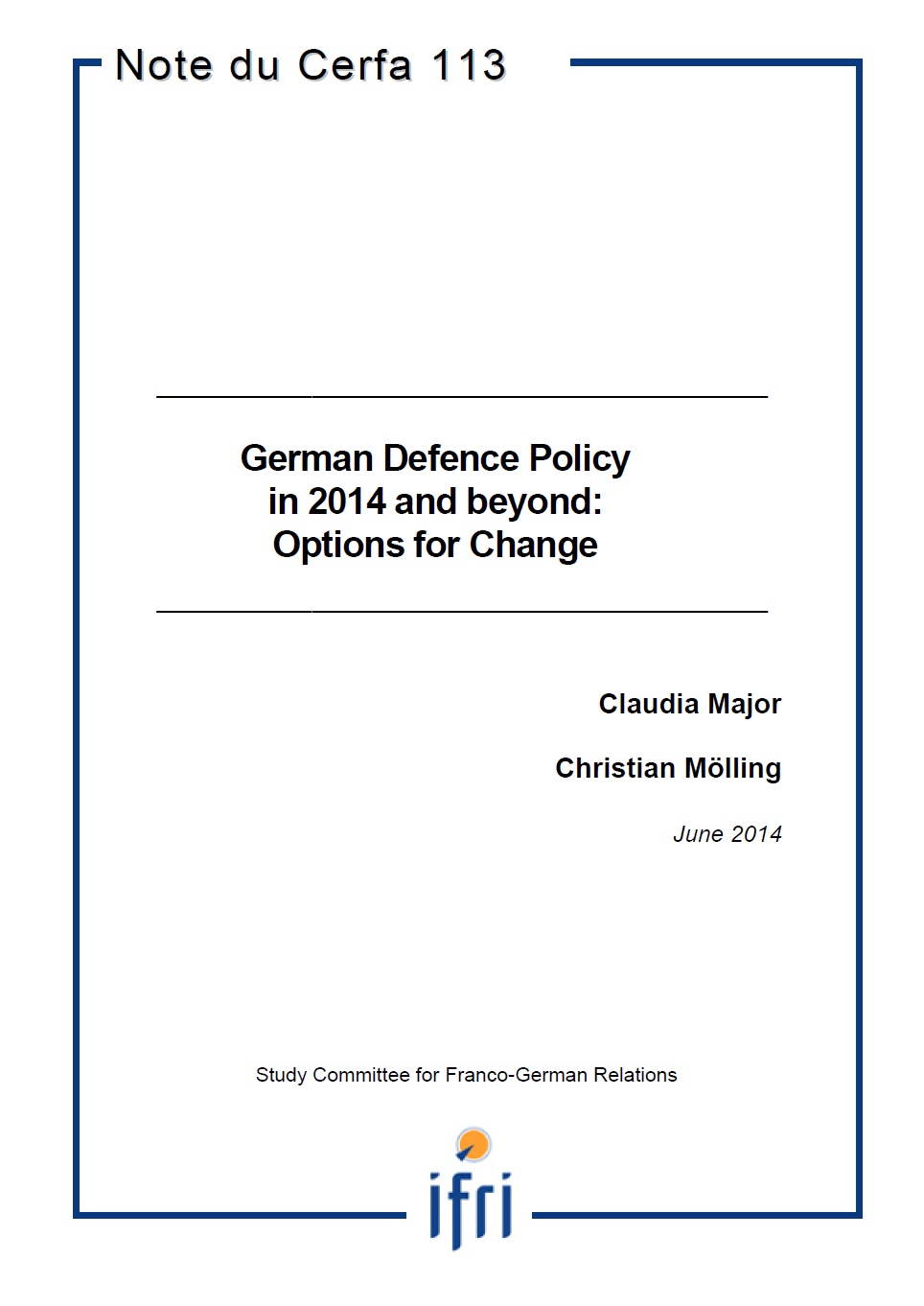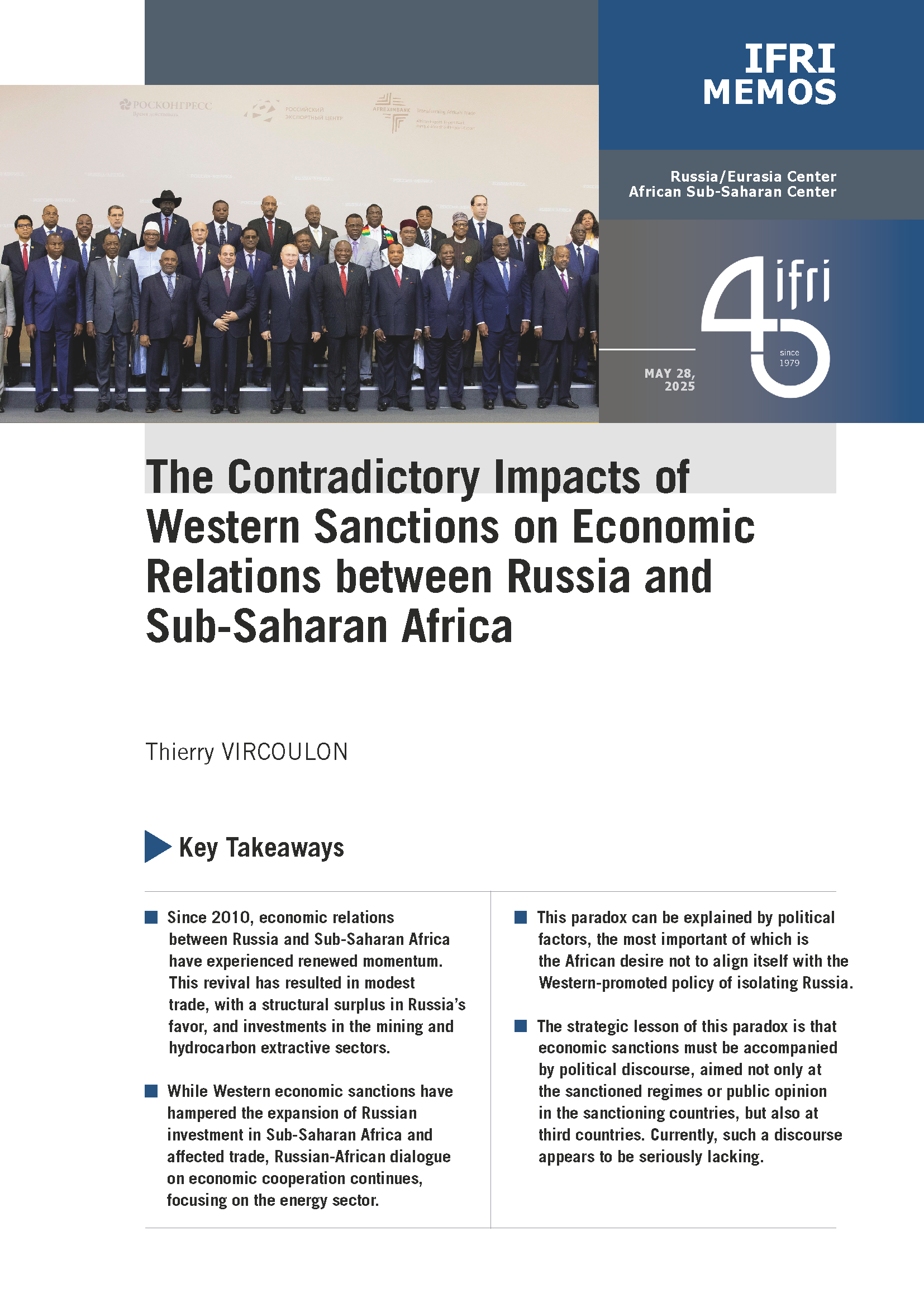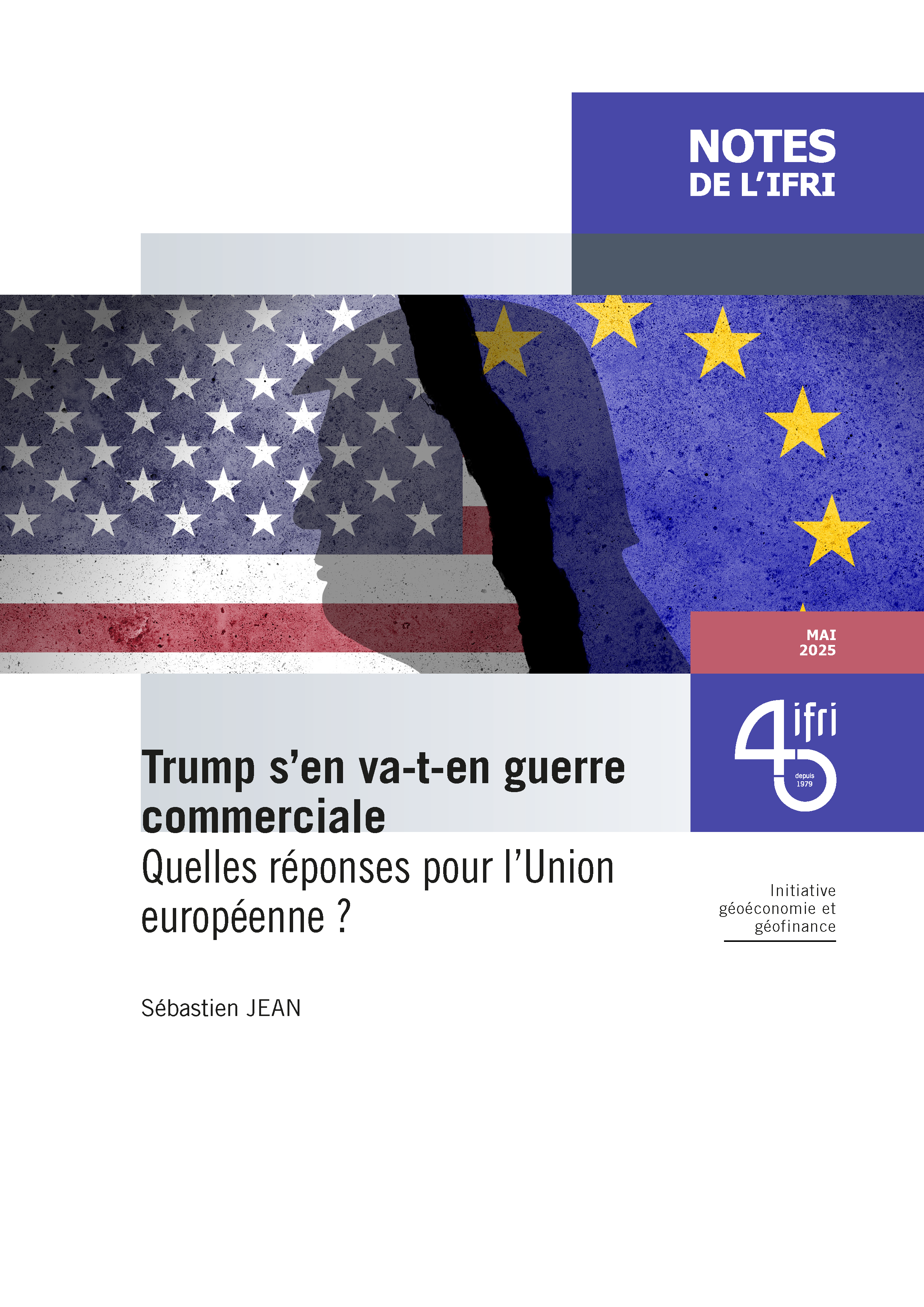German Defence Policy in 2014 and beyond: Options for Change

The speeches made by several German leaders at the Munich Security Conference in early 2014, emphasized that Germany needs to be ready for greater international commitment, and without a priori excluding military instruments.
While several elements seem to indicate growing awareness that change is needed, the nature of German contributions – especially in Africa – shows the long road ahead. A basic contradiction persists between the government’s rhetoric that Germany should participate in international operations and the political limitation on its contributions toward training, advisory functions and logistical support. Apart from political support at the highest level, increased responsibility needs also to be supported by public opinion, which still lacks enthusiasm for what it often perceives as militarism. Similarly, German defence export policy is torn between the government’s willingness to support industry in exporting and the negative feedback about these exports from the public. Change may occur as a result of external developments, linked to NATO or the defence industry, but these impulses need to be taken up by national debate. It remains to be seen whether or not the direction taken will coincide with that outlined in Munich. The crisis in Ukraine must also be taken into account: it could have a catalytic effect, increasing Germany’s visibility and engagement in NATO. Through this crisis, Germany is under pressure to intensify its engagement.
Claudia Major is deputy head of the Research Division “International security policy” at the German Institute for International and Security Affairs (Stiftung Wissenschaft und Politik).
Christian Mölling is Research associate at the German Institute for International and Security Affairs (Stiftung Wissenschaft und Politik).

Available in:
Regions and themes
ISBN / ISSN
Share
Download the full analysis
This page contains only a summary of our work. If you would like to have access to all the information from our research on the subject, you can download the full version in PDF format.
German Defence Policy in 2014 and beyond: Options for Change
Related centers and programs
Discover our other research centers and programsFind out more
Discover all our analysesThe “Huawei Saga” in Europe Revisited: German Lessons for the Rollout of 6G
While the European Union attempted to coordinate a collective response through its 5G Toolbox in Europe’s 5G infrastructure, member states diverged significantly in balancing political, economic, and technological considerations. Germany, despite its economic ties to China and status as Europe’s largest telecom market, only reached a tentative agreement in July 2024—one that appears largely symbolic.
France, the U.S. Oldest and Most Complicated Ally: A Stubborn Defender of a Truly European Industrial and Defence Policy
France, the U.S.’ oldest ally, is also the EU country which most stubbornly defends genuinely European industrial and defence policies. It calls for ‘strategic autonomy’ in all political domains, a position increasingly difficult to hold against a hardening international climate.
The Franco-German Brigade and the Revival of European Defense
One thing has been clear since Donald Trump's return to the White House: the very existence of the European unification project is threatened. Unless it develops a sovereign defense policy to counter the war in Ukraine and the weakening of American security guarantees, the European Union will continue to see its internal cohesion and external attractiveness wane.
Friedrich Merz and the Zeitenwende 2.0. A “New Era” for Transatlantic Relations?
On February 23, 2025, almost 60 million voters were called upon to elect a new Bundestag. These elections will also give rise to a new government in Europe's largest economy.









